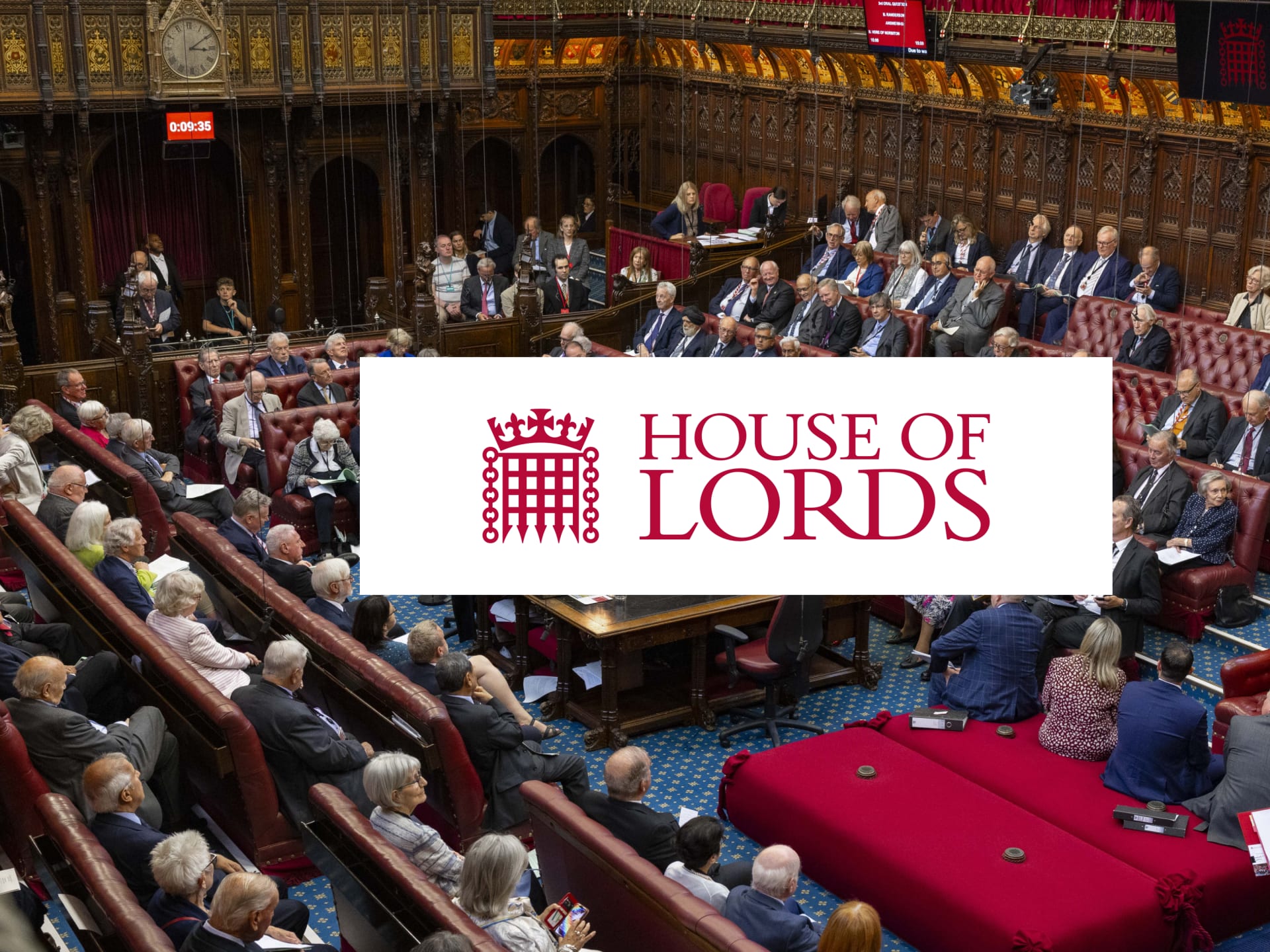Garfield AI Featured in Daily Express as Regulated Success Story Amid AI Finance Warnings
The Daily Express highlights Garfield AI's £7,000 debt recovery as a consumer protection win, contrasting the SRA-approved platform with expert warnings that using ChatGPT for financial planning "could leave you thousands of pounds out of pocket" through tax bills, bad mortgage choices, and pension disasters.

London, 3 October 2025 – The Daily Express has featured Garfield AI as a positive example of regulated AI service in an article warning that "asking ChatGPT to sort out your finances could leave you thousands of pounds out of pocket." The newspaper highlighted Garfield's £7,000 debt recovery success, noting that consumer groups "hailed it as a win because it operates under the same rules as a law firm," while experts cautioned about "crippling tax bills, bad mortgage choices or disastrous pension decisions" from unregulated AI.
The New "Agony Aunt" Problem
The Daily Express article, authored by Personal Finance Reporter Rory Poulter, opens with a striking statistic: "more than one in five adults" are using artificial intelligence to research money matters, treating AI as their new "agony aunt."
This consumer behaviour trend creates both opportunity and serious risk. While AI can provide genuine benefits when properly deployed, the Express warns that "the dangers of treating a chatbot like a financial adviser are mounting."
Garfield: The Regulated Success Story
Amid these warnings, the Daily Express specifically highlights Garfield AI as demonstrating how AI can work responsibly when properly regulated:
This week, Garfield AI, a legal service run by professionals and approved by the Solicitors Regulation Authority, recovered £7,000 of debt for one customer for just £7.50. Consumer groups hailed it as a win because it operates under the same rules as a law firm.
Daily Express
This framing positions Garfield not as part of the AI risk problem, but as a model for the solution: professional services using AI technology within appropriate regulatory frameworks and consumer protections.
The Critical Distinction
Following its positive feature of Garfield, the Express draws a sharp distinction:
But money experts are warning that ordinary ChatGPT, the general-purpose AI tool, is different altogether. Far from making you richer, they say it could saddle you with crippling tax bills, bad mortgage choices or disastrous pension decisions.
Daily Express
This contrast between regulated professional AI services and unregulated general-purpose chatbots represents the article's central message about responsible versus risky AI use.
Expert Warnings: The "Context Problem"
The Daily Express features extensive expert commentary explaining why general-purpose AI is unsuitable for financial and legal advice:
The Psychological Trap
Colette Mason, founder of London-based Clever Clogs AI, provided crucial insight into the danger:
Financial advice is a context problem, not a maths problem. Untrained AI doesn't know you have a mortgage, debts, investments, or a low-risk tolerance. Its over-confidence creates a catastrophic psychological trap for novice users.
Colette Mason, Founder, Clever Clogs AI
This "over-confidence" creates a false sense of security, leading people to trust AI with decisions requiring deep understanding of personal circumstances and current regulations.
The Hallucination Risk
Tony Redondo, from Cornwall-based Cosmos Currency Exchange, acknowledged AI's usefulness for "heavy lifting" tasks like learning jargon or drafting letters, but warned:
The danger emerges when clients use AI for specialist advice on irreversible, highly personalised matters like tax, mortgages, pensions, or insurance, where AI hallucinations could have serious consequences.
Tony Redondo, Cosmos Currency Exchange
The concept of "AI hallucinations" - when AI generates plausible-sounding but incorrect information represents one of the most serious risks of unregulated AI tools. Garfield's hybrid architecture specifically addresses this risk through expert system constraints and professional oversight.
Beyond Financial Risks
The Daily Express article emphasizes that AI risks extend beyond financial matters to psychological and social harm.
The Wisdom Gap
Newcastle-based business leader Mitali Deypurkaystha articulated a crucial distinction:
ChatGPT has dazzling intelligence, but no wisdom. Used properly it can help with interviews and presentations. But start treating it as a therapist or confidant and communication skills diminish, isolation creeps in.
Mitali Deypurkaystha, Founder and CEO, Impact Icon AI
She cited alarming consequences: "We've already seen reports of psychosis, people falling in love with chatbots, and even a tragic suicide."
This sobering perspective underscores that unregulated AI poses not just financial risks but fundamental dangers to mental health and social wellbeing when people substitute chatbots for human professional guidance.
The Support Tool vs. Substitute Distinction
Mo Saleh, CEO of Quantum Placements, provided practical guidance on appropriate AI use:
Risky uses include relying on AI to calculate tax liabilities, restructure debts, or recommend financial products. Outputs can sound convincing but still be wrong, incomplete, or outdated. The risk becomes real when people move from using AI as a support tool to treating it as a substitute for regulated advice.
Mo Saleh, CEO, Quantum Placements
This distinction between support tool and substitute for professional advice helps clarify where AI can help versus where it creates danger.
The £7,000 Success: Regulation in Action
The Daily Express's feature of Garfield's £7,000 debt recovery for just £7.50 demonstrates how regulated AI can deliver dramatic value while maintaining consumer protections. This success story represents more than cost savings: it validates the model of professional AI services operating within regulatory frameworks.
Consumer groups' celebration of this success, as noted in the article, reflects recognition that:
- AI can expand access to professional services
- Regulation ensures quality and accountability
- Professional oversight protects consumers
- Transparent pricing makes services accessible
Looking Forward
The Daily Express coverage reflects a maturing public conversation about AI moving beyond hype to realistic assessment of both benefits and serious risks. As more people turn to AI for guidance on important decisions, distinguishing between regulated professional services and unregulated chatbots becomes essential for consumer protection.
Garfield's inclusion as a positive example in an article warning about AI risks validates its proactive regulatory approach and demonstrates that responsible AI implementation is both possible and valuable.
Read the Full Article
The complete Daily Express article is available at express.co.uk.
About Garfield AI Garfield AI is the world's first AI-driven law firm, approved by the Solicitors Regulation Authority. Operating under the same rules as traditional law firms, Garfield provides professional legal services with full regulatory oversight, quality controls, and consumer protections that distinguish it from unregulated general-purpose chatbots. Founded by senior City litigation lawyer Philip Young and quantum physicist Daniel Long, Garfield demonstrates how AI can expand access to professional services responsibly. Visit garfield.law to learn more.
About the Author

Hugo Rawling
Legal Engineer
In other news


